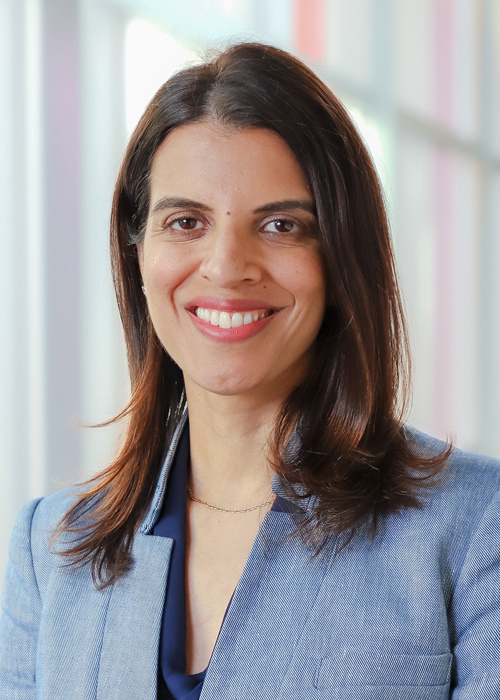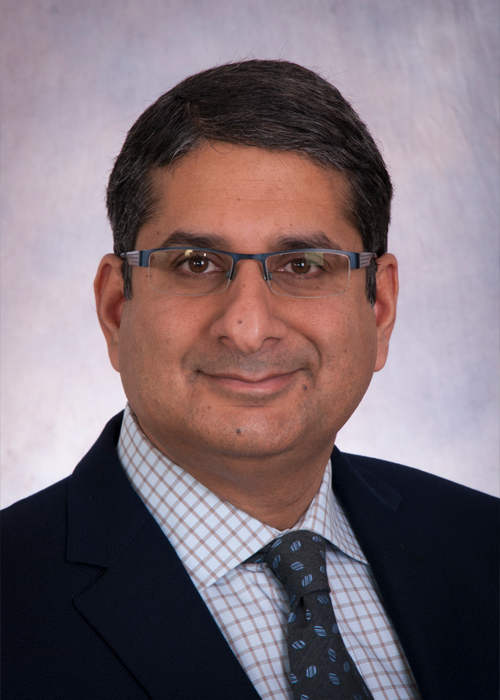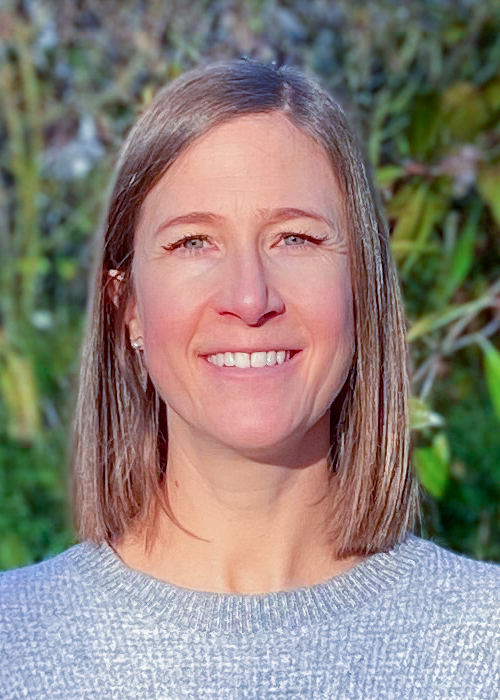Launched in 2017, the JDRF-CIHR Partnership to Defeat Diabetes is a landmark collaboration between the Government of Canada, through the Canadian Institute of Health Research (CIHR) and JDRF Canada for a total combined investment of $30 million to support transformative type 1 diabetes (T1D) research. This Partnership was renewed for a further $30 million through Federal Budget 2021 and through further matched funding from JDRF Canada, now being allocated across three different areas of research: precision medicine, psychosocial health, and screening for T1D risk.
The first of the three funding opportunities has now completed. Complementing previous CIHR and JDRF investments in new T1D research, the CIHR-JDRF Team Grants: Precision Medicine in Type 1 Diabetes was designed to support multi-disciplinary research that would accelerate precision medicine approaches for prediction, prevention, and treatment of T1D.
The goal of precision medicine is to get the right treatment to the right person at the right time.
Precision medicine approaches for T1D may integrate data about genetic, molecular, and environmental factors to improve T1D diagnosis, care, treatment or prevention. A greater understanding of how a person’s individual characteristics ‒ including genetics, biomarkers and immune and beta cell dysfunction ‒ contribute to T1D risk and progression may lead to more precise therapeutic targets, better characterization of disease risk and how it may progress in an individual, improved opportunities for safe and effective intervention and, ultimately prevention of T1D.
These grants, worth $3.5 million each, have been awarded to four teams across Canada.
Precise Treatment for Pediatric Diabetes: Providing the right care, for the right patient, at the right time, over time

Dr. Shazhan Amed (University of British Columbia), along with her team Dr. Mark Clements (Children’s Mercy Hospital), Dr. Tricia Tang (UBC), and Dr. Wyeth Wasserman (UBC).
Dr. Amed and her team will use this grant to fill the information management gap in pediatric T1D care. TrustSphere will be the ‘one trusted place’ for kids with T1D that brings them, their families, and their healthcare providers together to manage their diabetes information and provide the right care to the right patient at the right time. Patients, families, and their healthcare providers will have access to important diabetes information, like blood sugars and insulin doses streaming from glucose sensors and insulin pumps, or recommendations from the diabetes team – all in one digital tool.
Through collaboration with endocrinologists, mental health experts, and patient partners, TrustSphere will be expanded to include healthy living behaviours, diabetes self-management behaviours, quality of life and mental health. With patients and families, the research team will co-create personalized and tailored care experiences and use advanced methods to analyze data like machine learning to navigate patients and families to the care they need, when they need it.
The team’s goal is to create a collaborative care experience, improve diabetes self-management, and ultimately improve lives for children and youth with T1D.
EVERYONE: Empowering diverse youth with diabetes through precision medicine

Dr. Farid Mahmud (The Hospital for Sick Children; SickKids), along with his team Dr. Samantha Anthony (SickKids), Dr. Funmbi Babalola (London Health Sciences Centre), Dr. Andrew Paterson (SickKids), and Dr. Diane Wherrett (SickKids).
Dr. Mahmud’s overall research focus is diabetes clinical research, relating to the early evaluation and prevention of diabetes-related complications and the impact of the social determinants of health on diabetes outcomes. In this JDRF-CIHR funded grant, he and his team will examine the impact of diversity (genetics, race, sex, gender, income, family support, mental health, etc.) on diabetes management in youth by applying artificial intelligence approaches. The experiences and barriers faced when receiving diabetes care will be gathered through interviews and feedback from youth with T1D and their families. Armed with this information, the team will develop individualized treatment strategies that consider patient diversity and conduct a clinical trial to determine the feasibility, acceptability, and appropriateness of the program.
The EVERYONE study will contribute to a greater understanding of the physiologic and social factors underlying diabetes outcomes, and the opportunity to personalize and optimize care to improve lives for children and youth with T1D.
Leveraging biological sex and genetics for beta cell-directed precision medicine in type 1 diabetes

Dr. Elizabeth Rideout (University of British Columbia), along with her team Dr. James Johnson (UBC), Dr. Dan Luciani (UBC), Dr. Peter Thompson (University of Manitoba), and Dr. Bruce Verchere (UBC).
Dr. Rideout’s research investigates the effect of biological sex on metabolic genes and pathways. In this JDRF-CIHR grant, her team will apply this work to T1D by examining how beta cell dysfunction differs between biological males and females during the progression of T1D. Rates of T1D are higher in biological males than females, and there is evidence of sex-specific responses to insulin and beta cell functioning in T1D. Despite this, most T1D studies have used only male animal models and participants, and of those that did use both sexes, most failed to compare data between the sexes.
Dr. Rideout and her team will examine beta cell function between males and females, which will inform T1D prevention and treatment strategies that account for the impact of biological sex.
Spatio-temporal dynamics of immune and non-immune islet injury in type 1 diabetes

Dr. Peter Thompson (University of Manitoba), Dr. Herbert Gaisano (University of Toronto), Dr. Guy Rutter (Université de Montréal), Dr. Pere Santamaria (University of Calgary)
Dr. Thompson’s research focuses on the heterogeneity (individual differences) of beta cells within an islet and how individual cells may respond differently to immune system attacks and stressors. T1D varies greatly between individuals in terms of time to onset, rate of progression, and insulin requirements, but the reasons underlying these differences are unknown. This team grant will investigate the functional “hierarchies” that appear to be present amongst beta cells. Specifically, the team will look at “leader” or “hub” beta cells within an islet that are guiding and coordinating the function of the rest of the cells.
Through this information, the team will understand the variability in beta cell loss amongst individuals with T1D, which will inform development of disease-modifying therapies and cell therapies for T1D.
JDRF is very excited to support these cutting-edge research projects that will help further the understanding of T1D’s disease mechanisms and ideally lead to more advanced treatments, therapeutics, patient outcomes and prevention of T1D.




